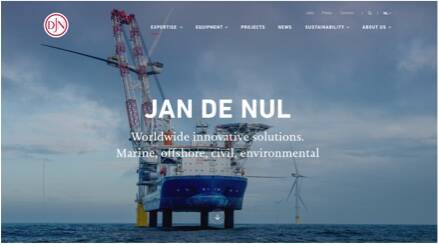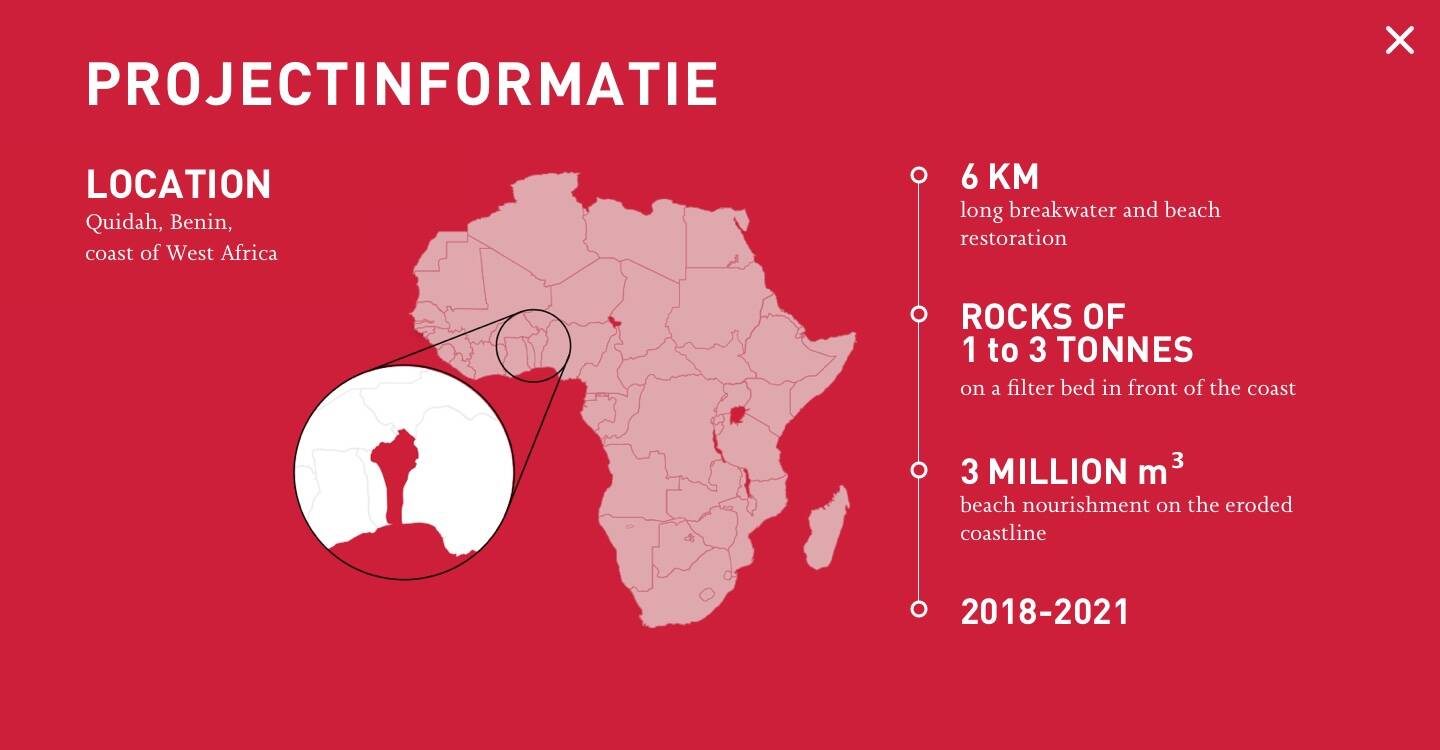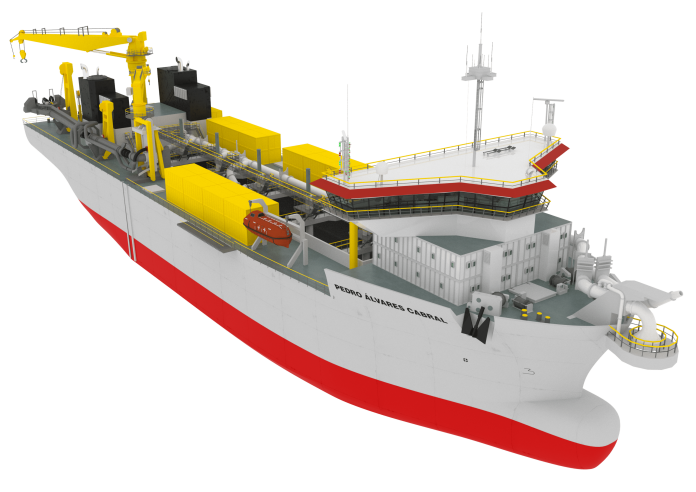
In contrast to the scarcity of suitable housing, many uninhabited areas are being ignored because they are 'too polluted', derelict, complex or struggle with other problems. Jan De Nul's subsidiary, PSR breaks through this negative spiral in the housing market. They repurpose and redevelop polluted and un(der)utilised industrial sites in a sustainable manner.
Hilde Crevits, Flemish Minister of Economy:
Site reconversion is a game changer
In European countries, demography has been shifting dramatically over the years. Now, more people are living alone, there are more single-parent families and more elderly people continue to live independently. So, they are looking for less conventional housing, such as sharing living spaces or assisted living.

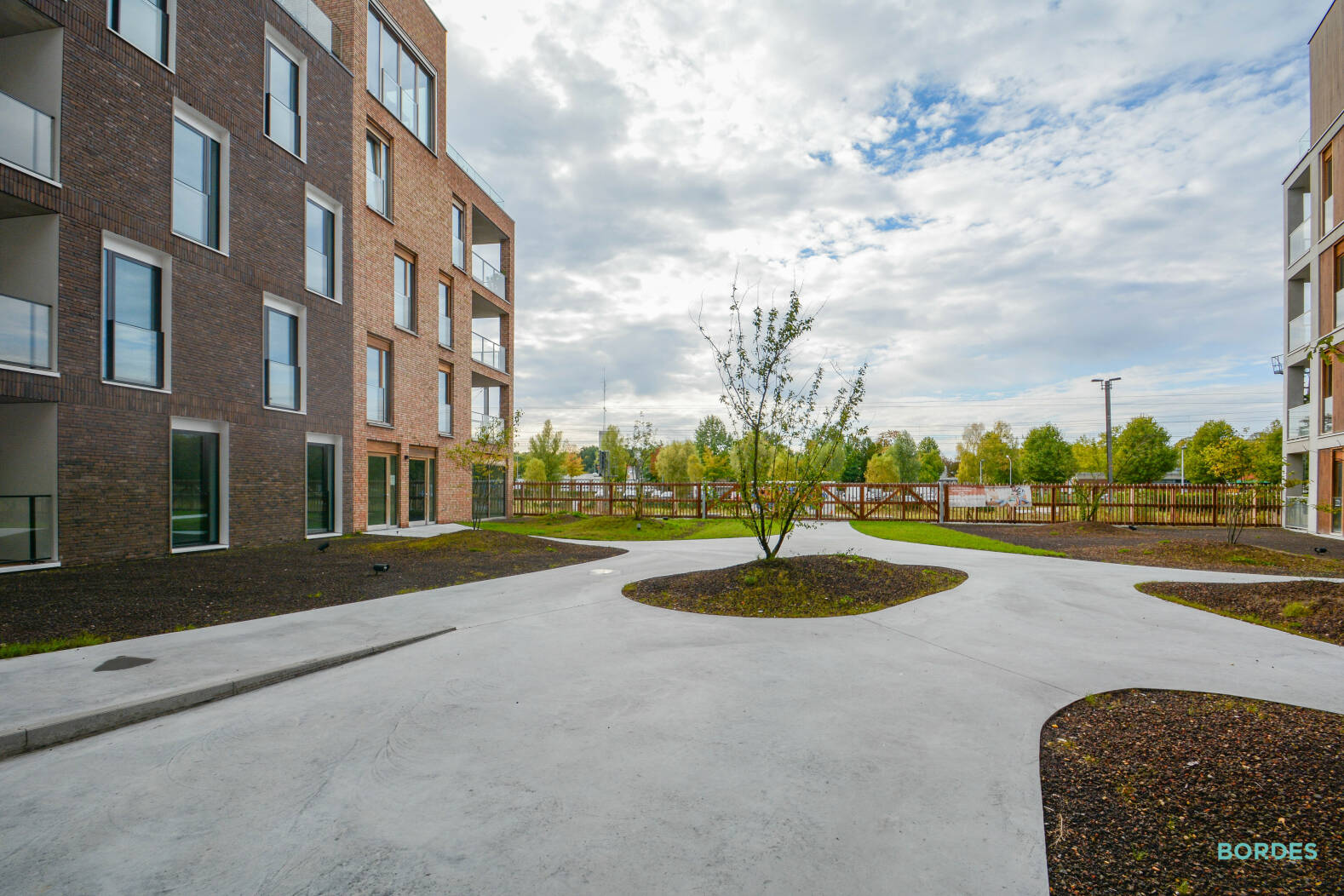

The price of real estate is exploding, which will result in a reduction of the space we will be living on. Just think of the emerging tiny houses, a return to simpler living, but also an eco-friendly solution to the existing housing industry.
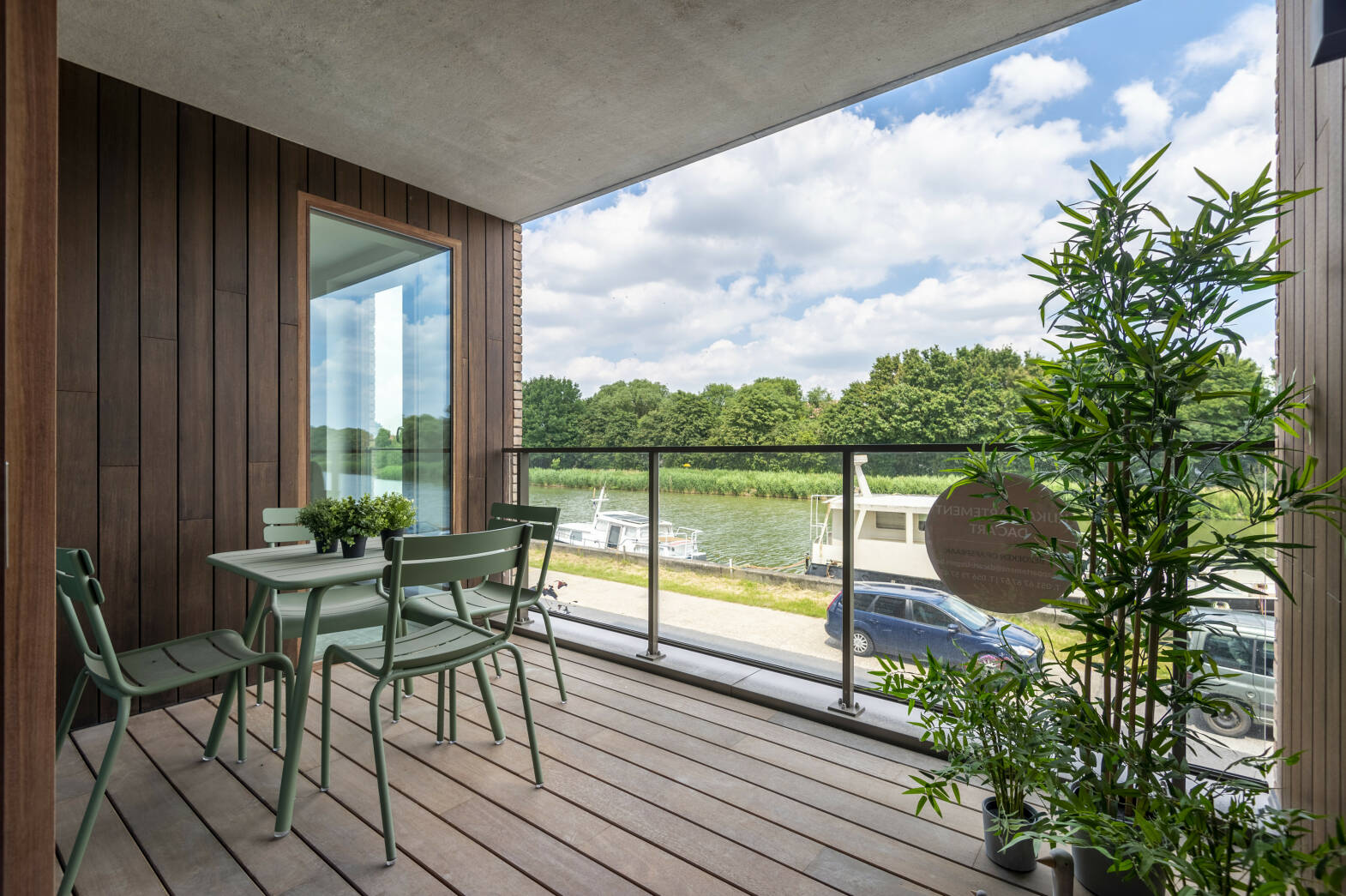
Cross the Latin word Domus, meaning house, with the English word Robotics and you get 'Domotics'. Or how you can automate your home using your smartphone or computer. A trend that reduces your energy consumption and is safer, because everything can be controlled, no matter where you are!


A lot of Belgian buildings are old and poorly insulated. As a result, 20% of all our greenhouse gas emissions are due to buildings. On top of that, European energy standards are becoming increasingly stringent. That is why owners are investing in the energy efficiency of their homes by, for example, investing in renewable energy sources and insulation. We also do our bit with the Green Deal Circular Building.

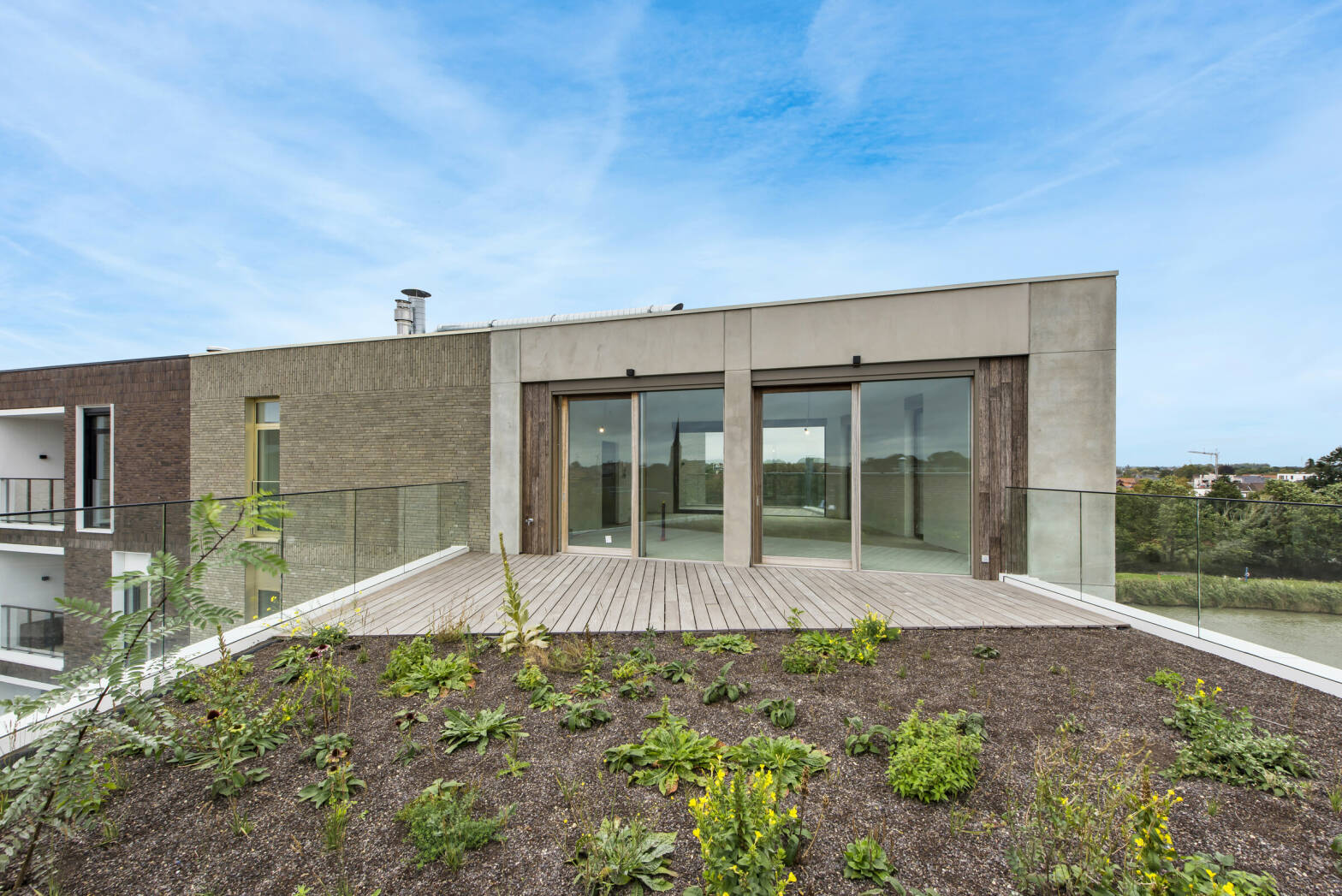
4 trends, 1 answer.

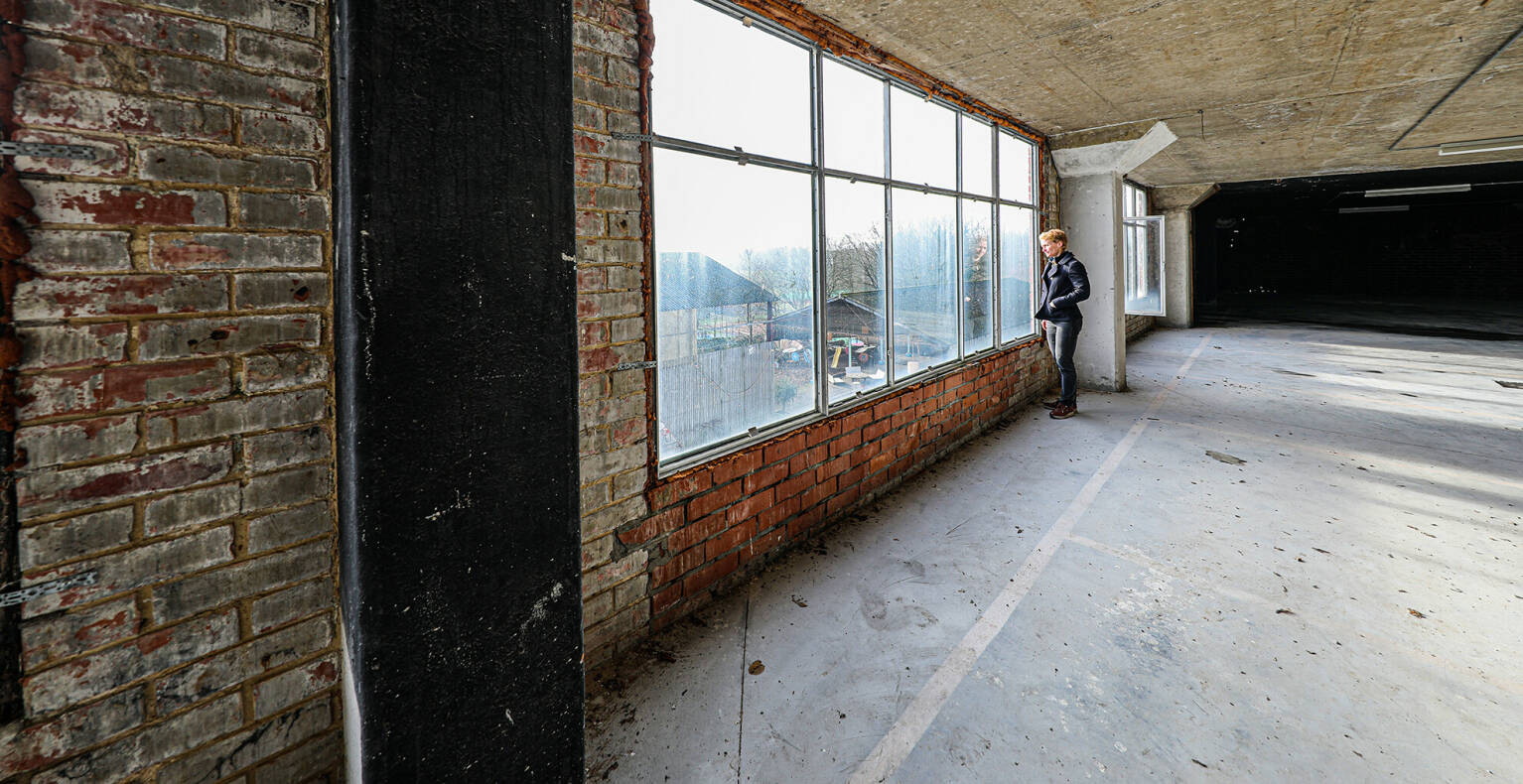
Julie De Pauw -
Development Manager PSR
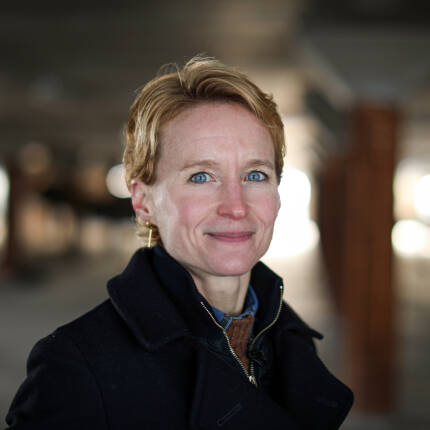
Explore the current site and find out what the future holds for Meurop.

In Flanders, and throughout Europe, housing prices are skyrocketing. On top of that, there are endless waiting lists for social housing and - when push comes to shove - it is a fight for homes that barely meet people's basic needs and wishes. The situation is alarming especially in and around large cities. The cry for liveable, affordable and ecological residential areas is growing louder by the day.
The Corona virus has even kicked it up a notch. Many people are reinvesting in their homes, or looking for a better place to live, often with a garden. However, things are changing. Today, we are reinventing our homes. Various trends are emerging:
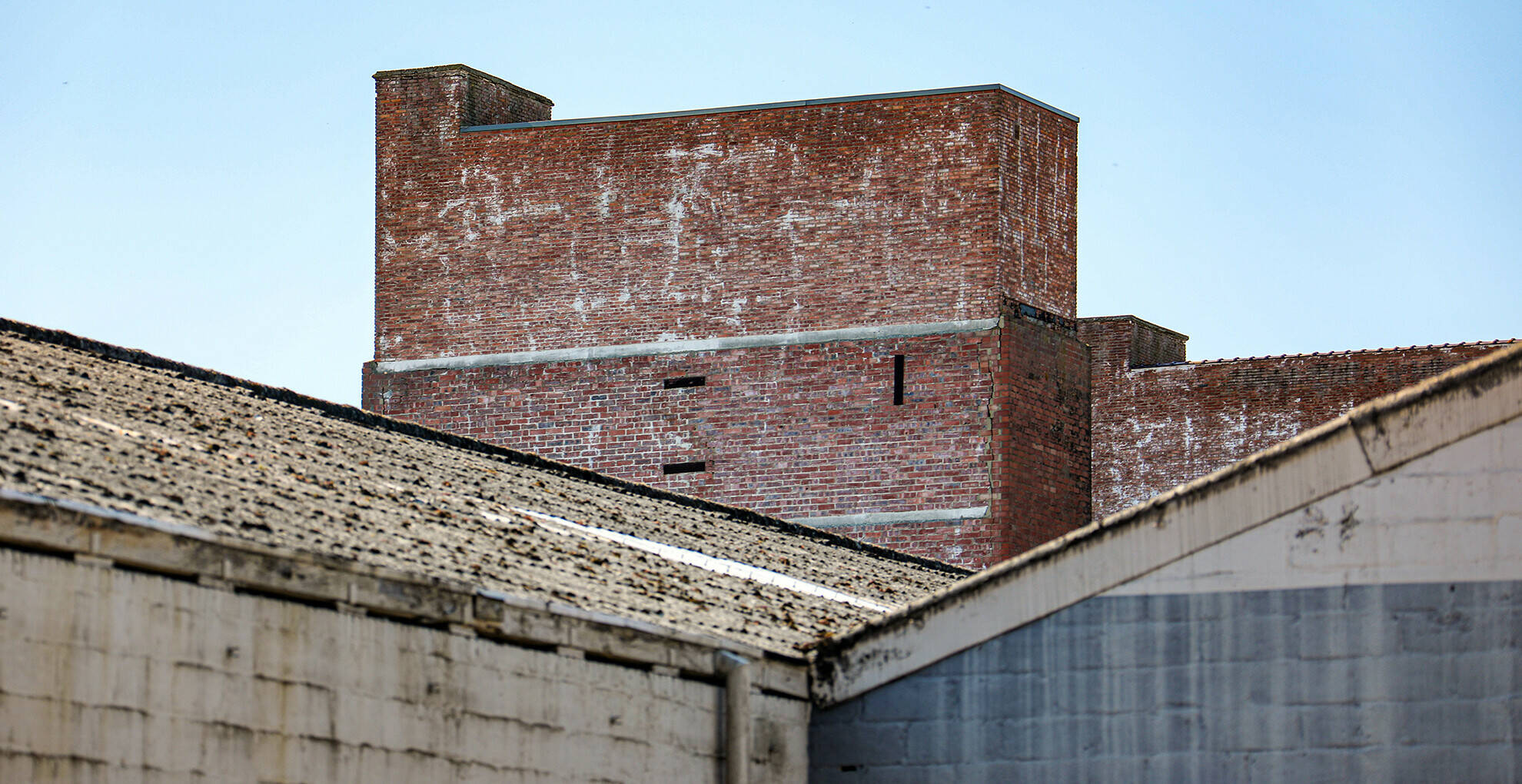
A new way of living at Dijledonk
The construction sector works together to make circular building a daily reality in Flanders for the future. This way, our climate commitment is being emphasised, not only in words, but also in concrete actions. By considering the whole lifecycle of construction projects, circular design choices are made and even more sustainable materials are used. Energy consumption is minimised by applying innovative techniques, such as using low-carbon materials or providing our own sustainable energy.
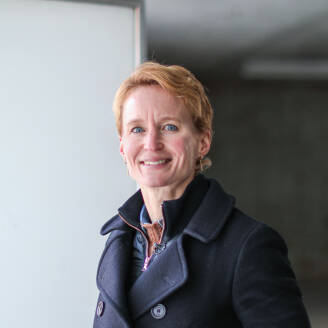
Looking for a (re)development partner?
We are always on the hunt for interesting and challenging sites!
Contact our Development Manager
Julie De Pauw
A 15-minute neighbourhood
Dijledonk will become a 15-minute neighbourhood where all necessary facilities are accessible to residents and neighbours at a maximum of a 15-minute walk or bike ride. People are central and this vision leads to efficient mobility, vibrant density and lively diversity.
Going to your office and bringing your baby to daycare? No problem at Dijledonk. With new offices and neighborhood support functions, the district will invite local entrepreneurs and traders to establish and develop themselves on the site. Now that we work more and more from home due to Corona, a car is hardly needed here any more. Now that we work more and more from home due to Corona, a car is hardly needed here any more, because with Dijledonk, a village within a village is created for young and old!
Living and working will be intertwined here thanks to a sophisticated mix of villas, houses, high-quality flats with shared spaces, offices and neighbourhood support functions for young families, starting entrepreneurs, active grandparents and local traders.
All that while keeping an eye on nature. Almost 80% of the area remains unbuilt. Concrete disappears and greenery takes its place. There will be numerous paved squares, private and public gardens and flowerbeds, which together will form one large park.
We also invest in ecological architecture and infrastructure: Nearly Energy Neutral is the ambition, CO2 neutral is the ideal. Some of the existing buildings will be reused and others will disappear. But we try to recover as much material as possible from the buildings that will be dismantled.
What was once a factory will now become a vibrant and rural district in the Dijlevalei. Meurop was a household name far beyond Rijmenam. Long before the Scandinavians brought design furniture to the Belgian public, Meurop was already making beautiful and affordable interiors in Rijmenam. The factory stood empty for years, but at the moment we are working hard, in consultation with all parties involved, to make it a lively place again. A home for stylish rural living, working, experiencing and moving.
The iconic furniture factory, Meurop, is one such site. The workshop has a long history and has stood derelict for years in the beautiful Dijlevallei. The former industrial activities have left their marks in the soil and some spots are in need of a thorough remediation. We develop this complex in a partnership with COGIVA and in close consultation with all stakeholders.
From furniture factory to rural district
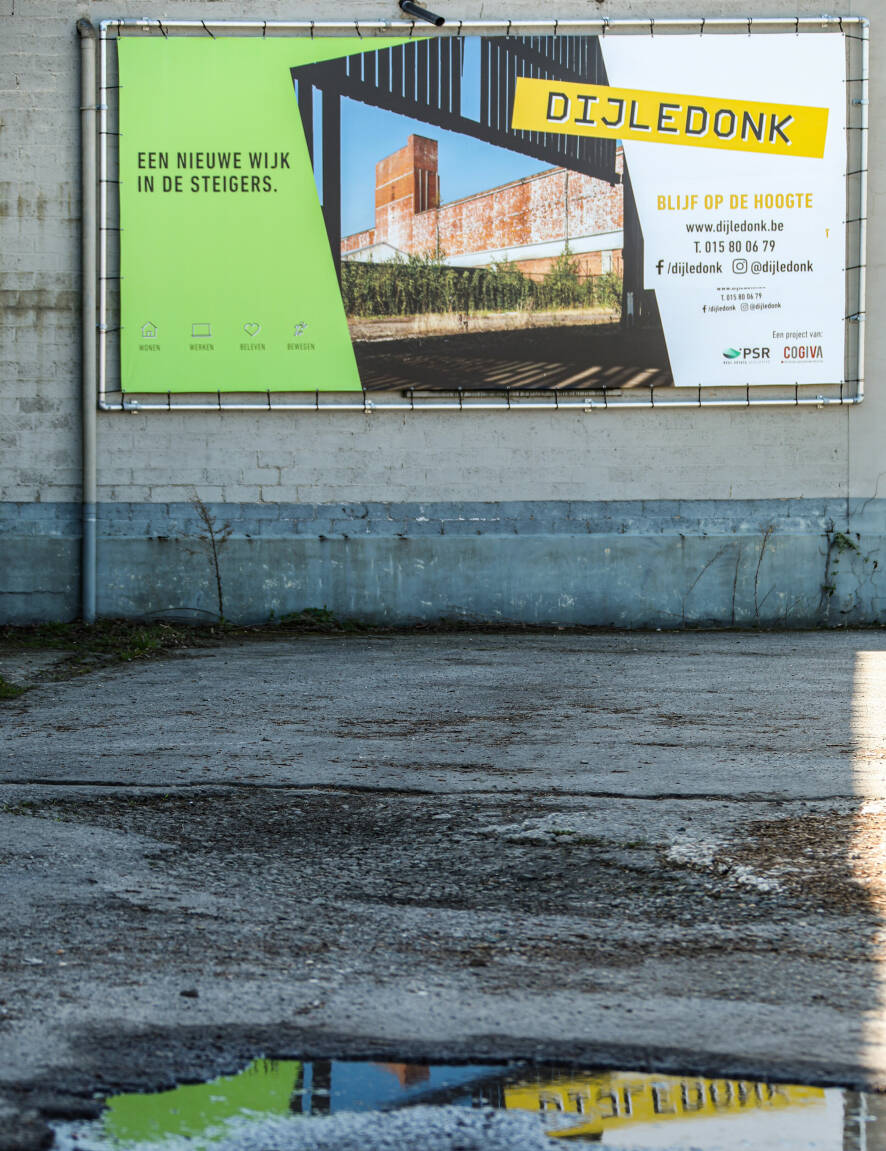
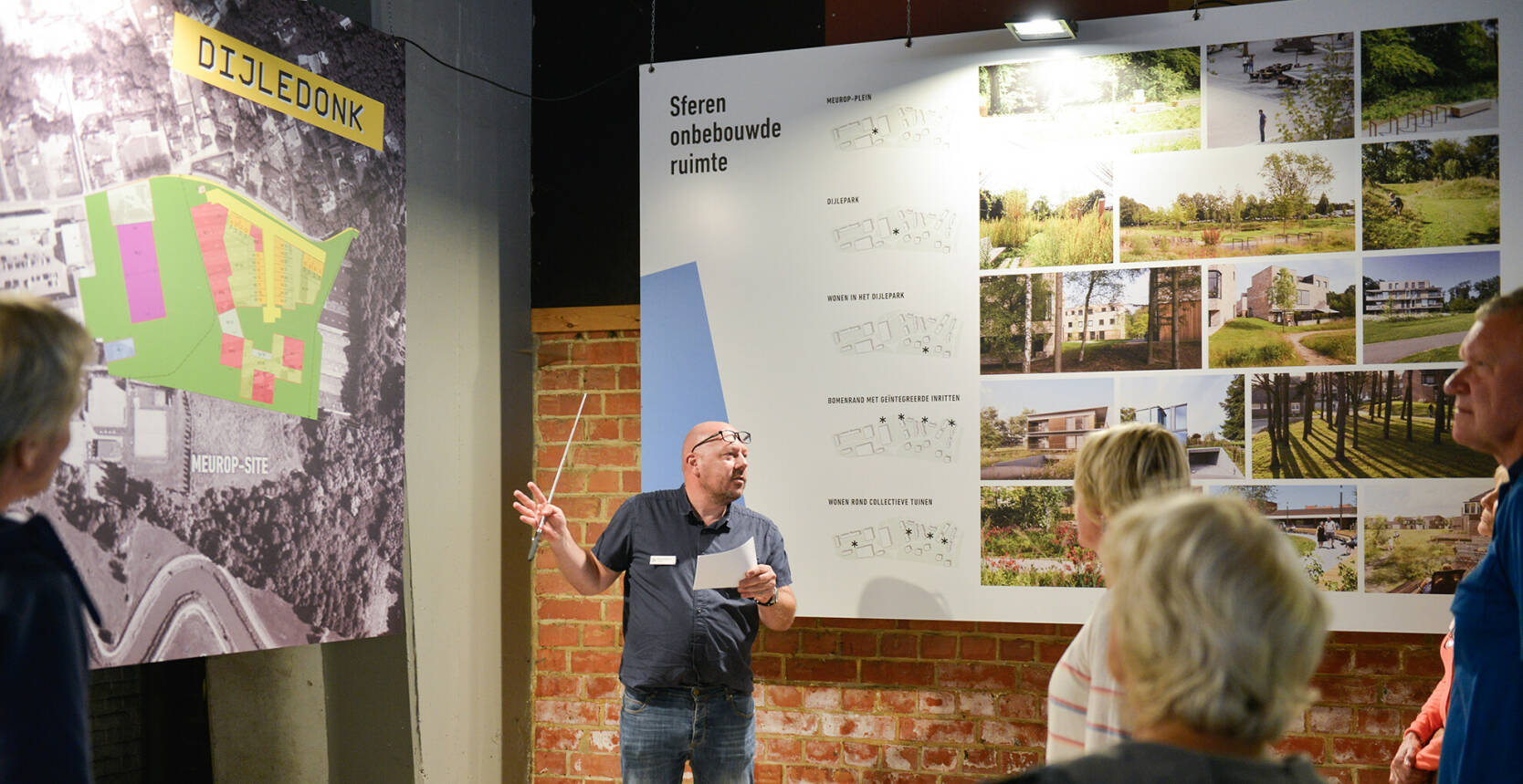

Cross the Latin word Domus, meaning house, with the English word Robotics and you get 'Domotics'. Or how you can automate your home using your smartphone or computer. A trend that reduces your energy consumption and is safer, because everything can be controlled, no matter where you are!

Choosing home automation or 'domotics’
Hilde Crevits, Flemish Minister of Economy:
Site reconversion is a game changer
In contrast to the scarcity of suitable housing, many uninhabited areas are being ignored because they are 'too polluted', derelict, complex or struggle with other problems. Jan De Nul's subsidiary, PSR breaks through this negative spiral in the housing market. They repurpose and redevelop polluted and un(der)utilised industrial sites in a sustainable manner.
In European countries, demography has been shifting dramatically over the years. Now, more people are living alone, there are more single-parent families and more elderly people continue to live independently. So, they are looking for less conventional housing, such as sharing living spaces or assisted living.
Co-living spaces
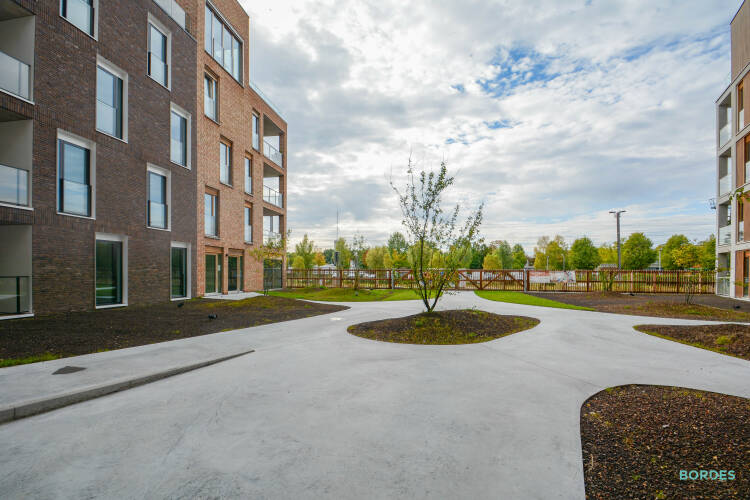
Tiny houses
The price of real estate is exploding, which will result in a reduction of the space we will be living on. Just think of the emerging tiny houses, a return to simpler living, but also an eco-friendly solution to the existing housing industry.
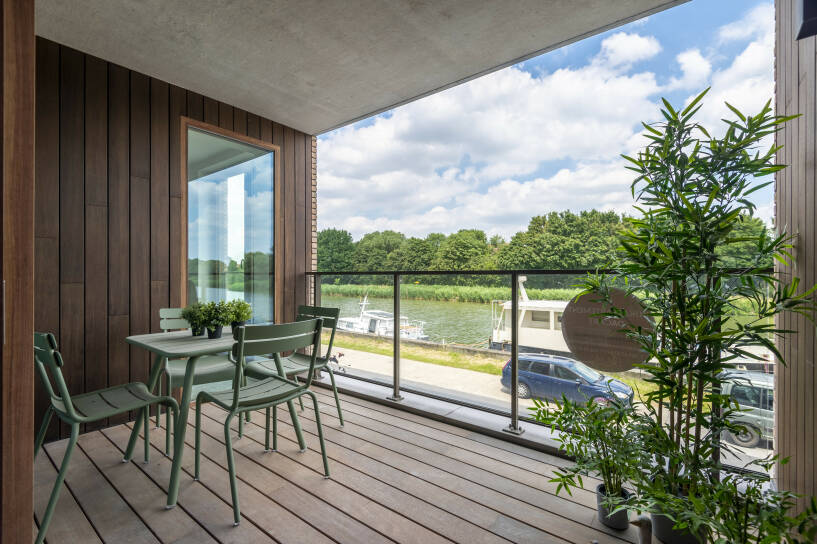

The construction sector works together to make circular building a daily reality in Flanders for the future. This way, our climate commitment is being emphasised, not only in words, but also in concrete actions. By considering the whole lifecycle of construction projects, circular design choices are made and even more sustainable materials are used. Energy consumption is minimised by applying innovative techniques, such as using low-carbon materials or providing our own sustainable energy.
A lot of Belgian buildings are old and poorly insulated. As a result, 20% of all our greenhouse gas emissions are due to buildings. On top of that, European energy standards are becoming increasingly stringent. That is why owners are investing in the energy efficiency of their homes by, for example, investing in renewable energy sources and insulation. We also do our bit with the Green Deal Circular Building.
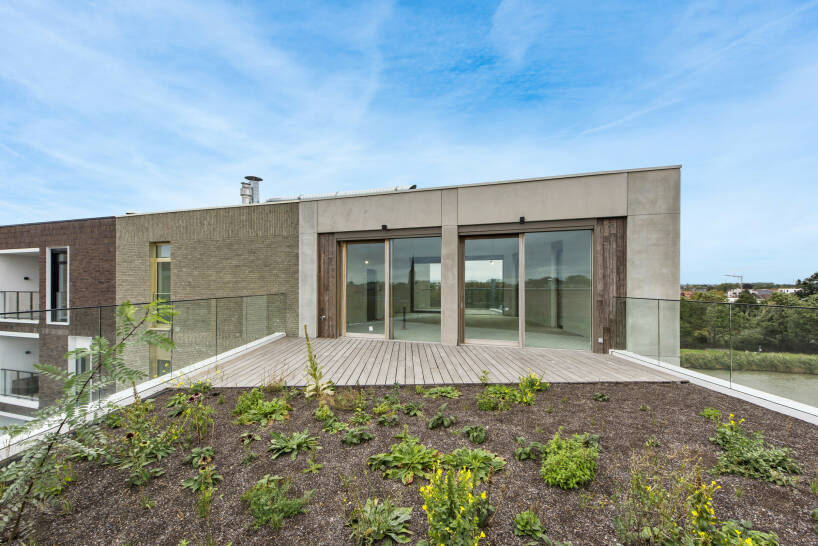
Building eco-friendly homes
4 trends, 1 answer.

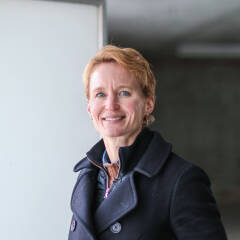
Looking for a (re)development partner?
We are always on the hunt for interesting and challenging sites!
Contact our Development Manager
Julie De Pauw
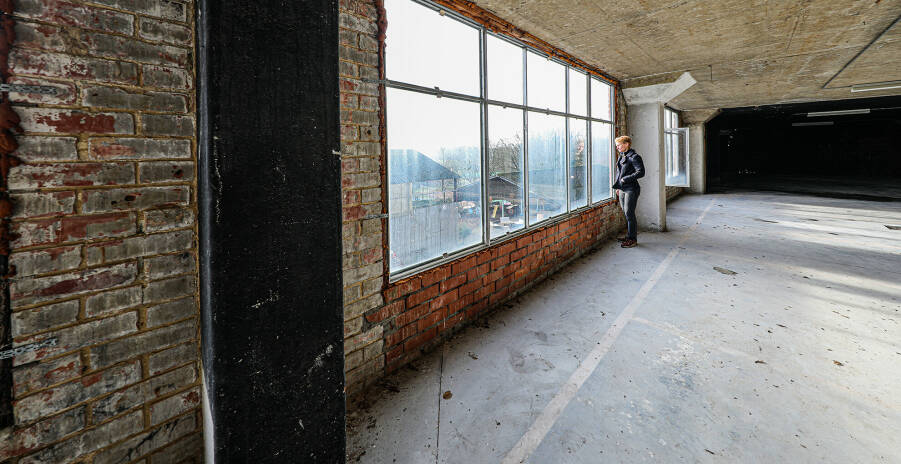


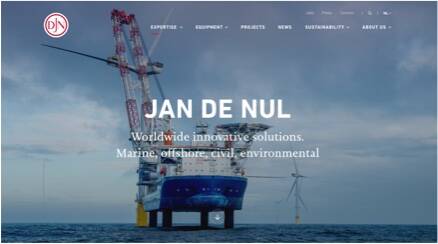
Dijledonk will become a 15-minute neighbourhood where all necessary facilities are accessible to residents and neighbours at a maximum of a 15-minute walk or bike ride. People are central and this vision leads to efficient mobility, vibrant density and lively diversity.
Going to your office and bringing your baby to daycare? No problem at Dijledonk. With new offices and neighborhood support functions, the district will invite local entrepreneurs and traders to establish and develop themselves on the site. Now that we work more and more from home due to Corona, a car is hardly needed here any more. Now that we work more and more from home due to Corona, a car is hardly needed here any more, because with Dijledonk, a village within a village is created for young and old!
A 15-minute neighbourhood
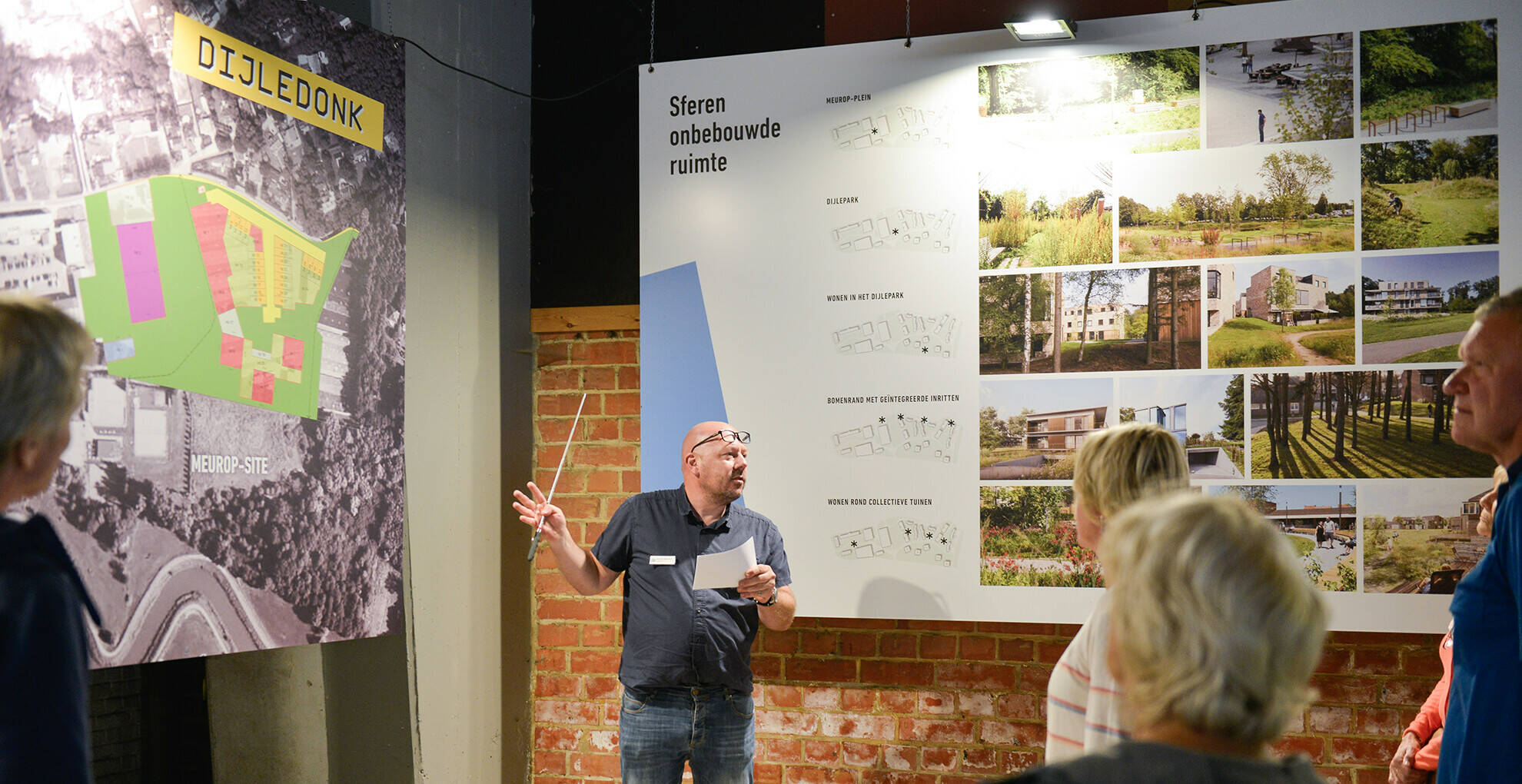
Living and working will be intertwined here thanks to a sophisticated mix of villas, houses, high-quality flats with shared spaces, offices and neighbourhood support functions for young families, starting entrepreneurs, active grandparents and local traders.
All that while keeping an eye on nature. Almost 80% of the area remains unbuilt. Concrete disappears and greenery takes its place. There will be numerous paved squares, private and public gardens and flowerbeds, which together will form one large park.
We also invest in ecological architecture and infrastructure: Nearly Energy Neutral is the ambition, CO2 neutral is the ideal. Some of the existing buildings will be reused and others will disappear. But we try to recover as much material as possible from the buildings that will be dismantled.
A new way of living at Dijledonk

Julie De Pauw -
Development Manager PSR
Explore the current site and find out what the future holds for Meurop.

What was once a factory will now become a vibrant and rural district in the Dijlevalei. Meurop was a household name far beyond Rijmenam. Long before the Scandinavians brought design furniture to the Belgian public, Meurop was already making beautiful and affordable interiors in Rijmenam. The factory stood empty for years, but at the moment we are working hard, in consultation with all parties involved, to make it a lively place again. A home for stylish rural living, working, experiencing and moving.
The iconic furniture factory, Meurop, is one such site. The workshop has a long history and has stood derelict for years in the beautiful Dijlevallei. The former industrial activities have left their marks in the soil and some spots are in need of a thorough remediation. We develop this complex in a partnership with COGIVA and in close consultation with all stakeholders.
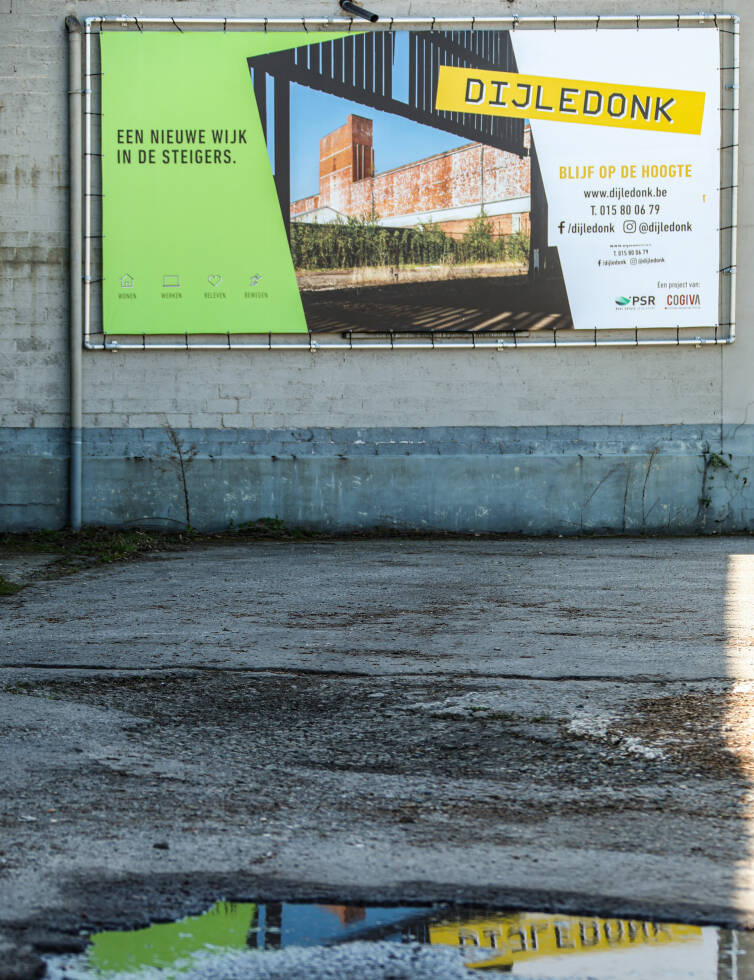
From furniture factory to rural district
In Flanders, and throughout Europe, housing prices are skyrocketing. On top of that, there are endless waiting lists for social housing and - when push comes to shove - it is a fight for homes that barely meet people's basic needs and wishes. The situation is alarming especially in and around large cities. The cry for liveable, affordable and ecological residential areas is growing louder by the day.
The Corona virus has even kicked it up a notch. Many people are reinvesting in their homes, or looking for a better place to live, often with a garden. However, things are changing. Today, we are reinventing our homes. Various trends are emerging:



